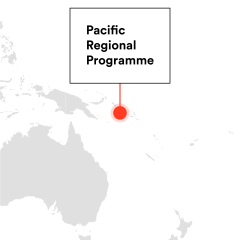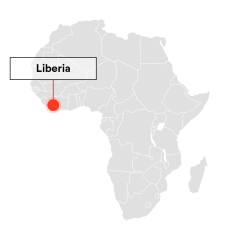Improve police response

Improve police response
Case Studies

In 2022 the Spotlight Initiative grantee, Women United Together Marshall Islands (WUTMI), launched a training to build understanding within Marshall Island Police Departments about how to take a survivor-centred approach, how to respond to VAWG survivors, and promoting positive masculinities. WUTMI worked closely with the mayors of each outer island to ensure police forces committed to the training. They encouraged mayors to join the training themselves to demonstrate their political leadership and commitment to ending violence against women and girls. Some testimonies from these officers include:
“This training was sobering, I didn’t realise I was causing further harm when speaking with and tending to survivors of violence.” - Police Officer involved in training.
“Through this training, I have learned the important role I play in ending violence against women and girls. I have a better understanding of domestic violence and gender-based violence.”
“My mission is to first change my approach and the way I work, and then work towards changing the approach of my colleagues. I want to contribute to the community and end all forms of violence.”



Spotlight Initiative worked with the Women and Children’s Protection Unit of the Liberian police force within Nimba county to improve their handling of VAWG cases and their understanding of how to work with survivors of rape. Spotlight Initiative built a relationship with the Liberian police force and provided a team who supported them with monitoring activities and following up on cases that had been taken to court. In addition, Spotlight Initiative renovated the police office building, providing police forces with chairs and computers to allow them to do their work more effectively. They also provided a safe place for survivors to stay once they had reported, recognising that survivors are at high risk of backlash if they report and that survivors from rural areas may have had to travel long distances in order to report. To further support engagements in rural areas, Spotlight Initiative funded the procurement of motorcycles so that police officers could follow up on cases in remote communities. Finally, Spotlight Initiative supported the police to conduct awareness raising campaigns within their communities. This involved the development and display of placards articulating that rape is a crime that is taken seriously by the police.
According to one police inspector, with Spotlight Initiative’s support, by 2022, the Liberian police forces have seen more women and girls reporting cases of VAWG directly, rather than going through other community members. They attributed this increase to greater awareness among survivors about how to report cases and trust among survivors that the police would respond to their cases appropriately.







